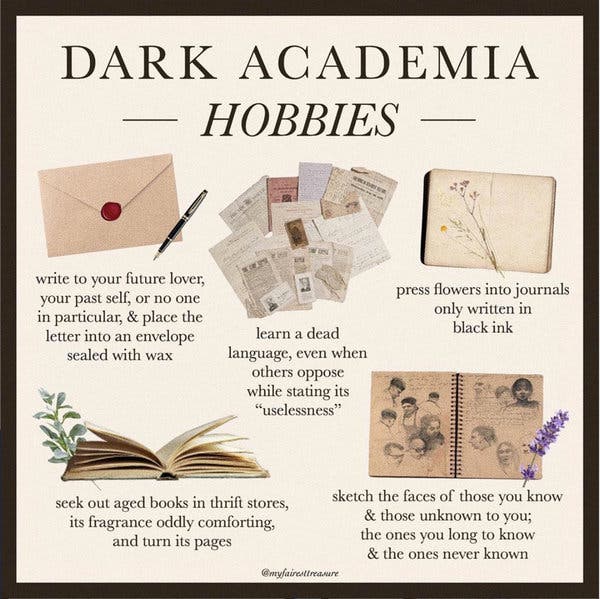The free exchange of information and ideas, the lifeblood of a liberal society, is daily becoming more constricted. While we have come to expect this on the radical right, censoriousness is also spreading more widely in our culture: an intolerance of opposing views, a vogue for public shaming and ostracism, and the tendency to dissolve complex policy issues in a blinding moral certainty. We uphold the value of robust and even caustic counter-speech from all quarters. But it is now all too common to hear calls for swift and severe retribution in response to perceived transgressions of speech and thought. More troubling still, institutional leaders, in a spirit of panicked damage control, are delivering hasty and disproportionate punishments instead of considered reforms. Editors are fired for running controversial pieces; books are withdrawn for alleged inauthenticity; journalists are barred from writing on certain topics; professors are investigated for quoting works of literature in class; a researcher is fired for circulating a peer-reviewed academic study; and the heads of organizations are ousted for what are sometimes just clumsy mistakes.
Harper’s has published A Letter on Justice and Open Debate that is signed by all sorts of important people from Salman Rushdie, Margaret Atwood to J.K. Rowling. The letter is critical of what might be called “cancel culture.”
The letter itself has been critiqued for coming from privileged writers who don’t experience the daily silencing of racism or other forms of prejudice. See the Guardian Is free speech under threat from ‘cancel culture’? Four writers respond for different responses to the letter, both critical and supportive.
This issue doesn’t seem to me that new. We have been struggling for some time with issues around the tolerance of intolerance. There is a broad range of what is considered tolerable speech and, I think, everyone would agree that there is also intolerable speech that doesn’t merit airing and countering. The problem is knowing where the line is.
That which is missing on the internet is a sense of dialogue. Those who speechify (including me in blog posts like this) do so without entering into dialogue with anyone. We are all broadcasters; many without much of an audience. Entering into dialogue, by contrast, carries commitments to continue the dialogue, to listen, to respect and to work for resolution. In the broadcast chaos all you can do is pick the stations you will listen to and cancel the others.






